ASSOFERMET stated that the proposed regulation “creates a steel vise for all distributors and processing companies,” emphasizing that these measures, while aiming to protect the EU steel industry, would severely weaken the European manufacturing sector.
In its statement, the association said that the plans to impose a 50% customs duty once product-category quotas are exhausted, and to generally cut these quotas, clearly indicate an intention to effectively shut down supply routes from non-EU countries. This would create a captive market and lead to significant price increases affecting the entire EU manufacturing industry.
The association warned that such measures would force steel service centers, direct importers, and processors to radically change their stock management policies, which would in turn cause serious disruptions to production continuity and supply chains. The statement continued:
“These measures directly threaten the economic interests of the EU manufacturing industry, which relies on stable supply chains and trustworthy steel suppliers. Yet these companies form the core of the industrial fabric that sustains the European Union’s export-oriented structure and competitiveness.”
ASSOFERMET pointed out that, following the safeguard measures in place since 2018—regularly updated with further restrictions—this new proposal represents an “overly protectionist” approach. According to the association, the proposed regulation, when combined with the existing anti-dumping duties (for example, on cold-rolled coils) and the upcoming Carbon Border Adjustment Mechanism (CBAM) set to take effect in January 2026, would effectively close the EU market to imports.
The statement reiterated that while Assofermet has always supported the need to protect the EU steel industry, this should be achieved “not through excessive protectionism, but by promoting competitive policies”:
“The goal should not simply be to protect European steel production, but to avoid creating an environment that drives production outside Europe and fragments the industrial sector.”
The association also noted that the views of downstream companies have once again been completely overlooked by the European Commission, stressing that competitiveness should remain the fundamental reference point of EU policy.
ASSOFERMET, representing the trade, distribution, service center, and processing sectors, announced that it will continue to work with the Italian Government and the European Commission. The association emphasized that the long-overlooked issue of stimulating steel consumption and demand in the European market must finally be addressed.


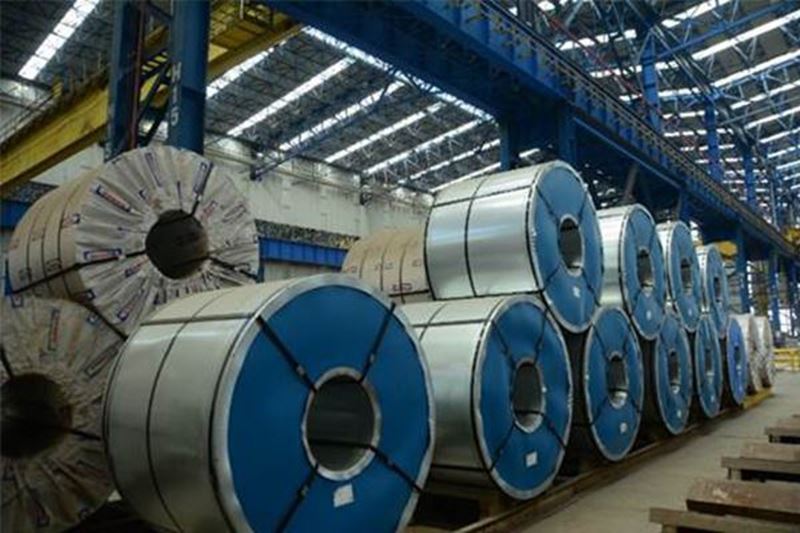

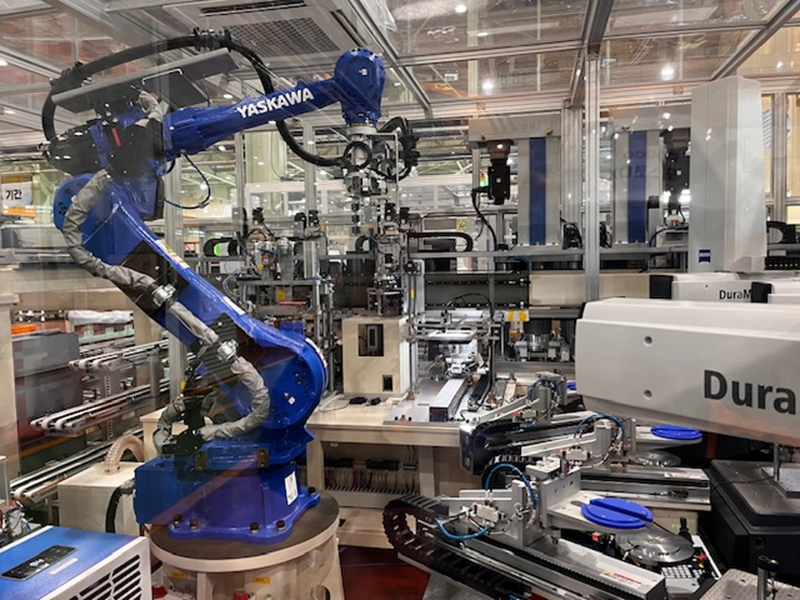
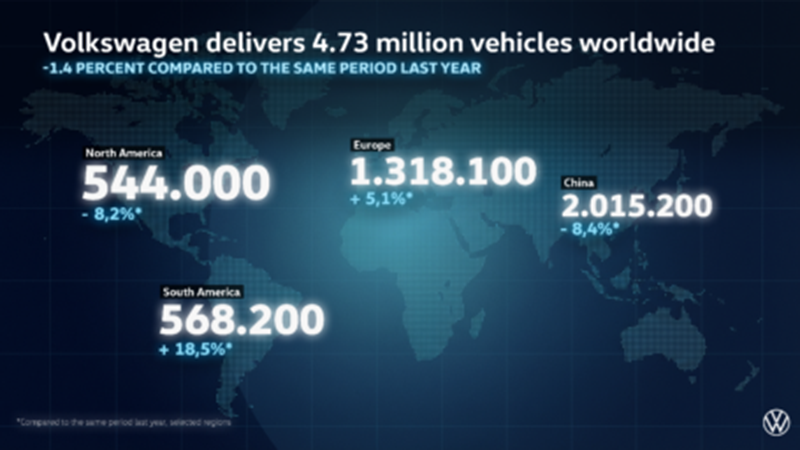
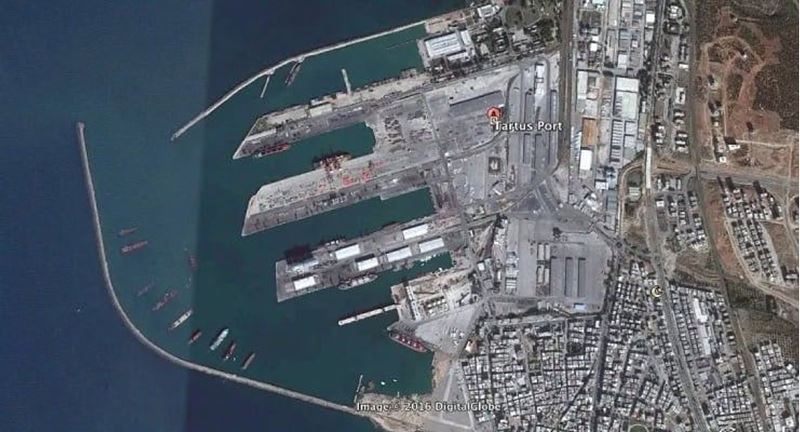
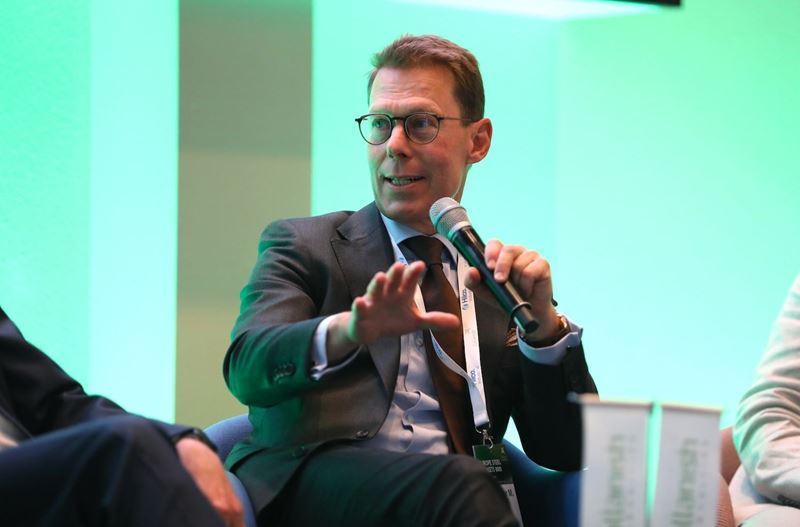


Comments
No comment yet.